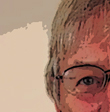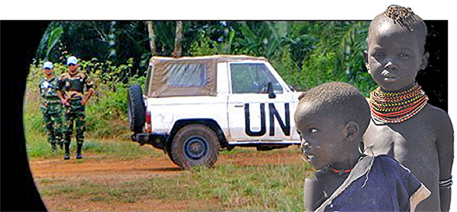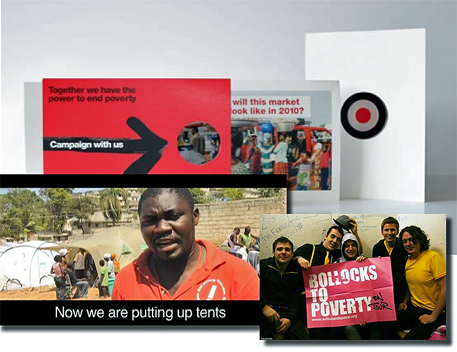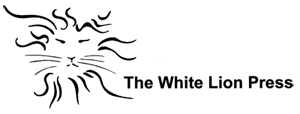Archived article No 2 If Paul Theroux and his like are But how accurate is Theroux’s assessment of where the major aid agencies are now? Also from Ken’s archive: For more blogs from Ken on fundraising and communication click here.
Also from Ken’s article archive,
|
You can tell a lot about a person from the way they write. From the early chapters of his 2002 book Dark Star Safari I really didn’t think I’d like the author, Paul Theroux. I’m still a bit leary of him, although as he travelled on I began to see him in an increasingly kinder light. The book describes Theroux’s journey across Africa north to south from Egypt across the Sudan to Kenya and on down to Cape Town. Twenty years before him my wife, Marie, and I did the first two-thirds of this trip, following the same overland route, to Nairobi. We experienced many similar scenes and situations, but saw them through different eyes. He describes the quaint, quirky, timeless ways of Africa with a detachment I at first found quite foreign, for as I had loved Africa for its strange foibles, Theroux initially seemed repelled by them. I first read this book because I knew it was laced with condemnation of international development agencies. Theroux’s is just one in a long line of criticisms, of which Graham Hancock‘s Lords of Poverty is perhaps the most damning. I’ve spent much of my adult life working with enterprises committed to overcoming poverty. My first fundraising job was with ActionAid, now In Dark Star Safari Theroux writes ‘Most of the huts in the leper village Fundraisers portray expatriate aid workers as modern-day heroes. He met some aid workers en route to set up an emergency feeding programme in arid northern Kenya. ‘You’re going to a village to dump Sadly in some countries he’s right. For Theroux this explains why after Even in the most prosperous African towns Theroux finds ‘the agents of virtue, the ubiquitous aid industry …the bright signboards, the offices and supply depots, people doling out food, advice and condoms…well-meaning, misguided foreigners – “Blurred Vision and Shave the Children” – enterprises which have grown out of disaster relief to become permanent fixtures, characterised by plush offices and flashy cars and ridiculed by the locals as a result.’ But how accurate is Theroux’s assessment of where the major aid agencies are now? Soon after reading his book I attended ActionAid’s international strategy planning conference, in Bangkok. It’s held every five or six years, to bring together senior ActionAid management from around the world to plan (and buy into) ActionAid’s strategic direction for the next five years. The contrast at this event wasn’t so much with our last strategy planning conference in Addis in the late 1990s – though that was stark enough For we were all men, all white men, all comparatively rich white men. ActionAid International and many other development agencies have moved on a long way since then. Theroux’s criticisms are levelled at an industry that has learned hard lessons and transformed accordingly, so that the inappropriate structures he lambastes are already of the past. Mistakes will continue to be made, but they will now be made by the people with most vested interest in ensuring that development works. We in international NGOs, and indeed the whole nonprofit sector, should be proud of this progress and take heart from it. © Ken Burnett. This feature is adapted from an article that first appeared in 2004 in Professional Fundraising magazine.
|
Aid often works. These days in-country development projects are more likely to be run by local people, while activists campaign world-wide for social change. And they measure their achievments or the lack of it through sophisticated impact monitoring.
At ActionAid’s very first international meeting, held in 1982 at
Disagree with me? Or agree? If you’ve anything to add, have your say here. Email your thoughts or comments now to me and providing they’re relevant and appropriate I’ll put them on the site. Sign up here for more OPINIONS coming soon
Ken Burnett is a director of Clayton Burnett Limited, The White Lion Press Limited and he’s a former chairman of the board of trustees at the international development charity ActionAid. He’s author of several books including Relationship Fundraising and The Zen of Fundraising and is managing trustee of SOFII, The Showcase of Fundraising Innovation and Inspiration. For more on Ken’s books please click here.
|









